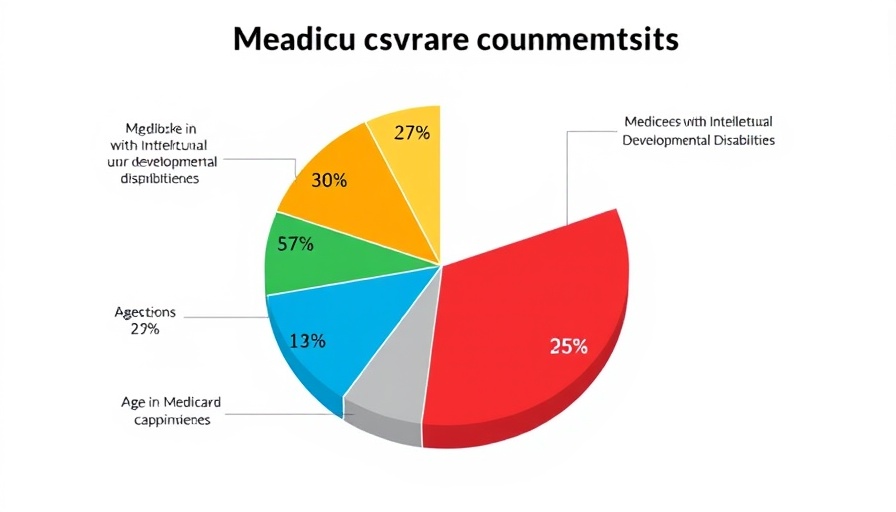
Understanding Medicaid Coverage for I/DD: The Basics
Medicaid serves as a vital safety net for millions, particularly for those with intellectual and developmental disabilities (I/DD). It's important to grasp how this program works and the essential benefits it provides for individuals and families navigating complex healthcare needs.
Key Features of Medicaid for Individuals with I/DD
1. Eligible Services: Medicaid offers a comprehensive range of services tailored to the needs of people with I/DD. These include health services like routine check-ups, emergency care, and specialized therapies such as speech and occupational therapy. 2. Personal Support Services: It also enables individuals to access personal support systems, allowing them to lead more independent lives in their communities. This can include assistance with daily activities, transportation services, and job training programs.
Why Medicaid is Crucial for Families
For families dealing with I/DD, Medicaid is often more than just insurance; it represents their lifeline. Coverage often eases financial burdens that can accumulate from ongoing healthcare needs. According to a recent study, families spend, on average, almost 20% of their annual income on healthcare services for their loved ones with disabilities. Without Medicaid, many families may find themselves overwhelmed, unable to afford essential care.
Community Support and Advocacy
Local communities play a significant role in advocating for those with I/DD. Advocacy groups often provide information on eligibility for Medicaid services and assist families in navigating the application process. Community support networks help to inform and empower these families, fostering resilience and enhancing their ability to access essential services.
The Future of Medicaid for I/DD Coverage
Looking forward, changes in policy may enhance or challenge Medicaid coverage for individuals with I/DD. Policymakers need to focus on ensuring adequate funding and resources to keep up with the growing needs of this community. Continued advocacy will be instrumental in shaping future legislation that affects access to vital services. Families should remain informed and engaged, participating in discussions around healthcare policies that aim to protect their rights and needs.
Emphasizing the Importance of Awareness
Awareness remains key to ensuring that those eligible for Medicaid receive the assistance they deserve. Educational campaigns and local outreach efforts can help spread the word about available services and support systems. Families can take proactive steps by connecting with local advocacy groups and attending community forums where they can learn more about their rights and available resources.
Conclusion: Taking Action for Community Well-being
Ultimately, understanding Medicaid’s role in providing coverage for those with I/DD is crucial for ensuring that individuals and their families receive the necessary support. Taking steps such as reaching out to local organizations, applying for Medicaid, and participating in community advocacy can foster a more inclusive society that values every individual's potential.
 Add Row
Add Row  Add
Add 




Write A Comment